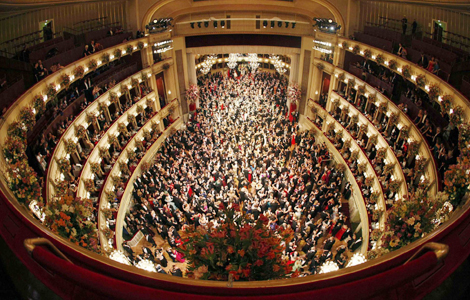|
|||||||||||
They sit in a shop in an alley behind East Gongti Road in Beijing, two bulky machines that seem to belong more to a museum or an art gallery. But for Josh Durham, a history teacher from the US, the movable-type letterpress machines could not have found a better home.
"I wanted somewhere with a window where people could see me work," says Durham, 32. "Not many people in China know what a letterpress is now. I thought it was very important to see a funny little laowai (foreigner) using it."
Amid the modern computer age that threatens the very existence of the letterpress, Durham brought his two machines to the country that helped develop the art of using them during the Song Dynasty almost 1,000 years ago.
Durham's two-story Paper Pounder Press studio opened for business in July. His two letterpresses "Jenny" and "Pearl", which date back to the beginning of the 20th century, are in a corner on the first floor. An exquisite "peerless gem" paper cutter, also more than a century old, stands quietly near the reception desk, on which are stacked letterpress-made birthday and name cards as well as wedding invitations, postcards and posters.
Durham's wife Li Cong came up with the idea of starting the letterpress business, and Durham was instantly drawn to it.
|
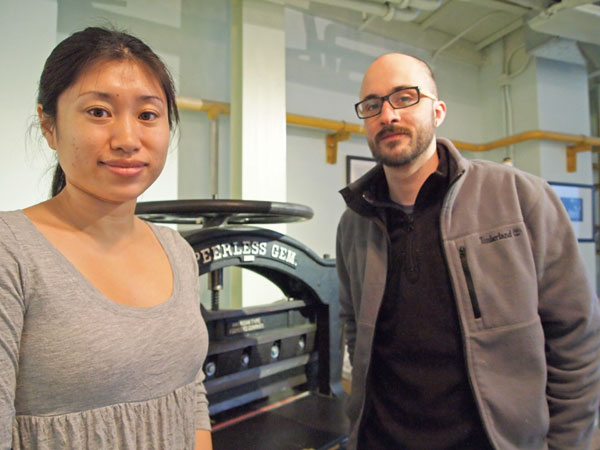 |
|
Li Cong and her husband Josh Durham run a letterpress shop in Beijing. Liu Xiaozhuo / China Daily |
"She has a thousand passions. She is the dreamer and I agreed with starting working on it," he says. "What drew me to the letterpress in the first place was the pace of the work. It is slow and it allows me to create something new. It is a step back in time. I studied history so I am drawn to the history of these machines."
Durham studied Daoism and Buddhism in the United States, and he visited Yunnan province as a student for five weeks in 2002. He loved it and met his wife in a ceramics class before marrying her in the US. While he was teaching in Louisville, Kentucky, he thought about what they should do in China.
"When my wife came up with the idea, I studied everything I could about the letterpress in the US. I went for an apprenticeship in a letterpress shop where I learned the basics."
Durham used the Internet to find letterpresses for sale and traveled around the US to find them. Jenny came from a garage in Cleveland Ohio, while Pearl was discovered in Boston, Massachusetts. Durham boxed them and shipped them to China.
"The presses that I print on are both more than 100 years old. They are the exact opposite of everything that society is going for right now - 'faster and cheaper'," Durham says. "I like things being hand crafted. If it is worth printing, it is worth printing slowly and beautifully. I am just drawn to the whole idea of the letterpress."
One critical "technological upgrade" makes the old art of the letterpress more accessible. Instead of an old wooden board engraving or a copper plate, photosensitive polymer plates designed from computers using flexography techniques are lighter and less expensive.
After Zuo Zuo, the graphic designer, creates an image on the computer, it's developed onto a plate for Durham. He splashes ink on the plates, before pressing the hand bar on the letterpress machine.
The letterpress is now his way of life.
"After college, I made T-shirts. It was a different kind of printing, of course, but I had a year of experience in printing and enjoyed it, with something to show at the end of the day. So letterpress printing makes sense to me," he says.
You may contact the writer at zhanglei@chinadaily.com.cn.
Hot Topics
Wu Ying, iPad, Jeremy Lin, Valentine's Day, Real Name, Whitney Houston, Syria,Iranian issue, Sanyan tourism, Giving birth in Hong Kong, Cadmium spill, housing policy
Editor's Picks

|
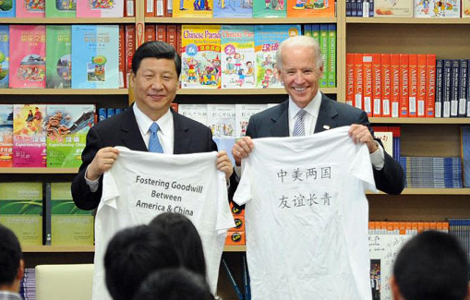
|

|
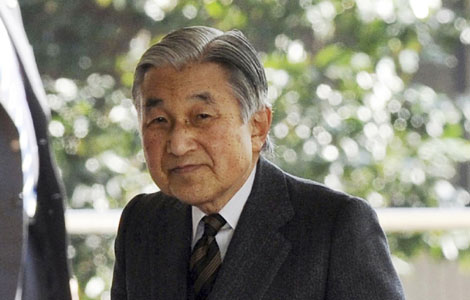
|
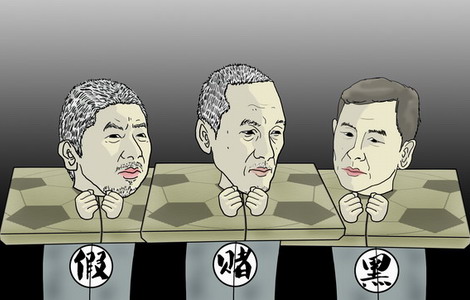
|

|



